
Burkina Faso Names Avenue After Ghana’s Ex-President Jerry Rawlings to Honour Ties with Thomas Sankara
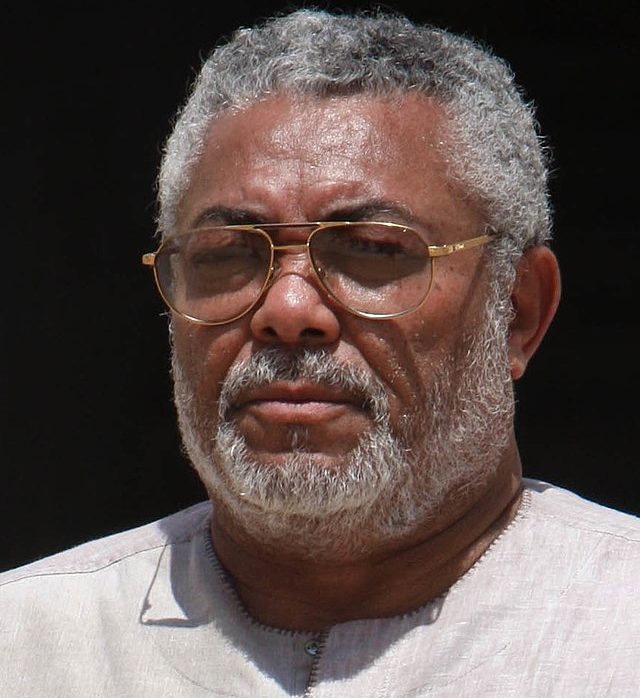
Authorities in Burkina Faso have named an avenue in the capital, Ouagadougou, after former Ghanaian President Jerry John Rawlings in recognition of his close ties to Burkina Faso’s revolutionary leader, Captain Thomas Sankara.
The dedication ceremony took place on Sunday, May 18, alongside the official inauguration of the Thomas Sankara Mausoleum, built to serve as a place of reflection on the nation’s history and revolutionary struggles.
According to reports, the newly named avenue is in the Dassasgho district. It stretches along the western wall of the National Museum, connecting to Boulevard Capitaine Isidore Noël Thomas Sankara.
Government officials said the gesture is a tribute to Rawlings’ contributions to pan-Africanism and his support for Sankara during the revolutionary period of the 1980s. Rawlings, who ruled Ghana in two separate terms between 1979 and 2001, was a strong ally of Sankara and backed his efforts to resist foreign domination and pursue self-reliance in Burkina Faso.
“Ouagadougou, the hospitable city of intermingling peoples, is proud to dedicate one of its avenues to President Jerry John Rawlings, who was a major player in the strong friendship that unites Burkina Faso and Ghana,” said Minister of Communication Gilbert Ouédraogo, who represented the Prime Minister at the event.
He added that naming the avenue was also “an invitation to consolidate everything that unites our two peoples and to ensure that present and future generations pursue our common goal of building a united and prosperous Africa.”
A delegation from Ghana, including relatives of the late Rawlings, attended the ceremony.
The move is part of a broader effort by Sahelian countries to reclaim African identity and shed remnants of colonial influence by renaming monuments, streets and public spaces previously bearing colonial-era names.
In October 2023, Burkina Faso renamed Boulevard Général Charles De Gaulle to Boulevard Thomas Sankara, a shift towards honouring local heroes and pan-Africanist figures.
Rawlings, who died in 2020, is remembered in Burkina Faso not only as a statesman but as a comrade-in-struggle whose political vision aligned closely with that of Sankara, who was assassinated in a 1987 coup believed to have had foreign backing.
Read: Burkina Faso Inaugurates Thomas Sankara Mausoleum to Honor Revolutionary Leader
About The Author
Related Articles
The American Airstrike in Nigeria Wasn’t Just About Terrorism — It Exposed That Nigeria Is No Longer a Sovereign Nation
On Christmas Day, a foreign military bombed Nigerian soil, and Nigerians did...
ByWest Africa WeeklyDecember 26, 2025Niger’s Tiani Sets Out “Security First” Doctrine at AES Summit, Signals Complete Break from Old Order
At the AES summit bringing together Burkina Faso, Mali, and Niger, Niger’s...
ByWest Africa WeeklyDecember 23, 2025AES Confederation Launches Television Network in Push for Media Sovereignty
Meeting in Bamako, the three Heads of State of the Confederation of...
ByWest Africa WeeklyDecember 23, 2025Gold Sector Revival Expected to Drive Mali Growth Next Year
The International Monetary Fund has projected that Mali’s economy will return to...
ByWest Africa WeeklyDecember 22, 2025




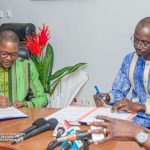

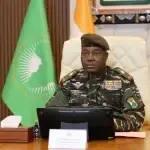
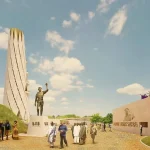

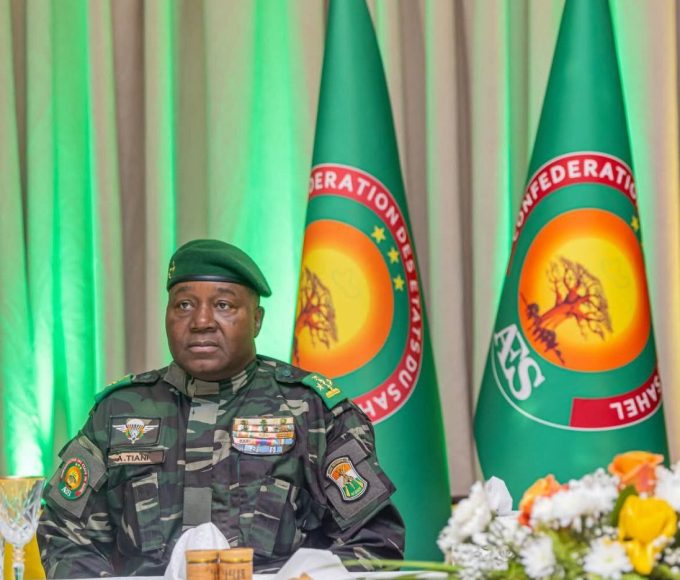
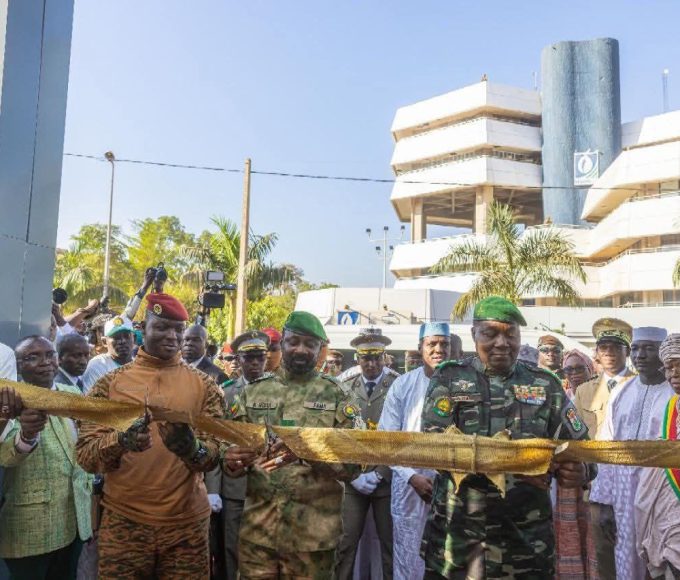
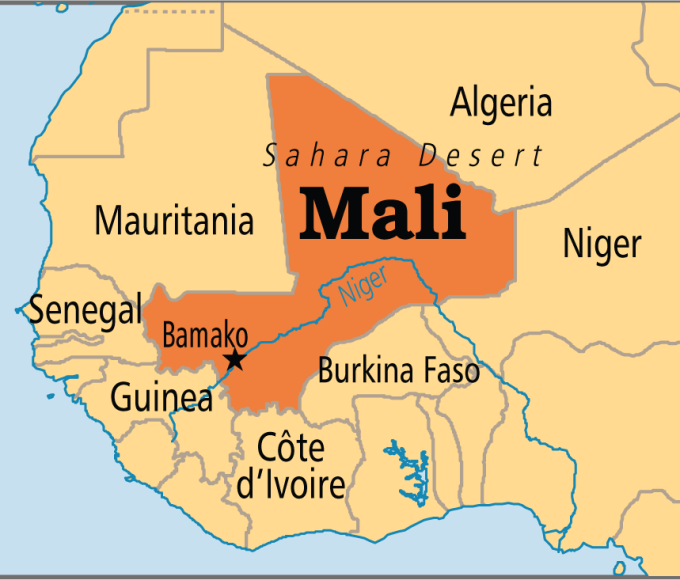
Leave a comment